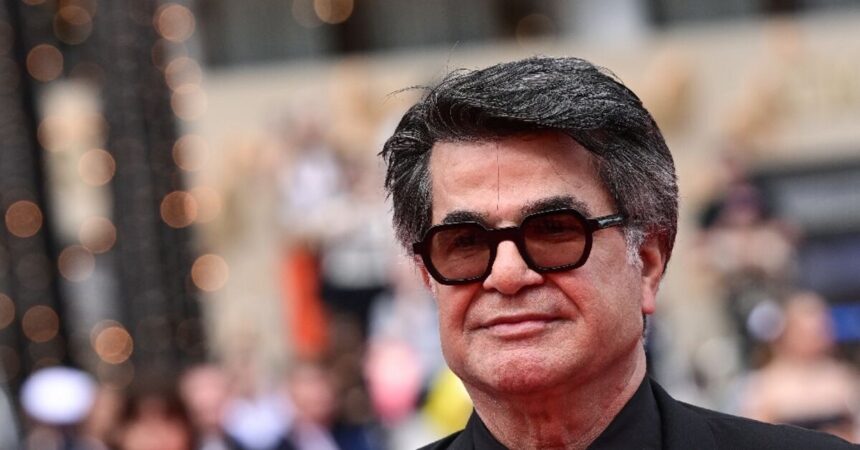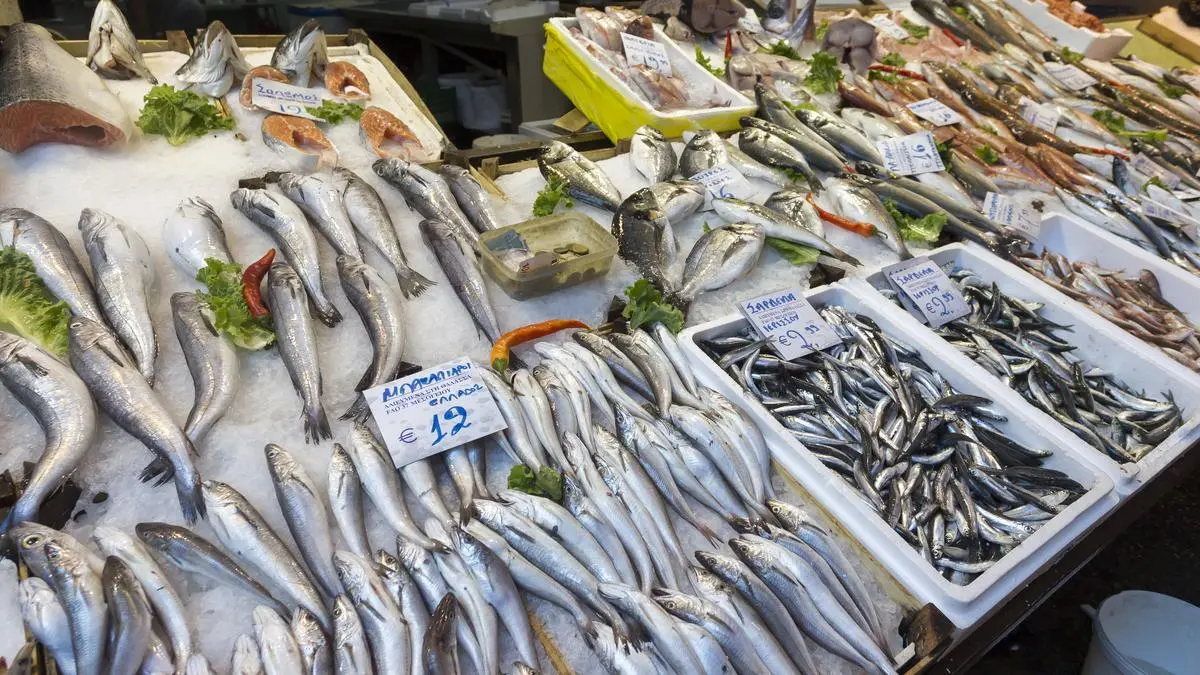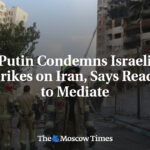Back in Cannes for the first time in 15 years, the dissident of the Iranian filmmaker Jafar Panahi spoke with AFP about how he feels “alive” thanks to the realization of films and the danger of continuing to work in the Islamic Republic.
Imprisoned twice and until recently subject to a travel ban, Panahi also said he was not afraid of the consequences of showing “it was just an accident” in Cannes.
The answers have been translated by AFP of the original Persian and edited for clarity:
Q: His new film “was just an accident” explores the moral dilemma facing the Iranians tempted to take revenge on their torturers. What does this say about the problems facing Iranian society?
“We chose a variety of characters, from violent to non -violent, from a simple man to anyone completely separated from such groups.
“Through its actions and reactions, we arrive, or perhaps we fail to arrive, a conclusion about what the right path could be.
“We let the viewer decide for that, asking what would do in that situation? For me, the real question is: What would I do if this really happened? And honestly, I don’t know.
“And in the end, perhaps the film suggests that the real problem is within a defective structure, and that the problem lies in the government, not with the people trapped within it.”
Q: How does your film denounce a system of government?
“It’s about how we can shape the future of this country. Where does it go?
“We are waiting, thinking some steps ahead. When will this become a reality? I don’t know. But I hope he does it, and I think he will.”
Q: He was sentenced in 2010 and imprisoned twice in Iran. Are you afraid for your safety when you return home after Cannes?
“What matters most is that the movie is made … to the port in my although for anything else that can happen. I’m alive whenever I am making movies. If I am not making movies, then what happens to me no longer matters.”
Q: How do you feel when you return at the Cannes Festival?
“The truth is that I missed watching movies with a audience, because I could my movies in the cinemas, I could sit and watch the reactions of the thematic people. Those are the biggest things, to experience a movie with a audience. When you watch a clock.
“Cannes is a bigger stage and has its own qualities, but what really is because it is to sit in a cinema with common people in Iran and see this movie. Those are the most important things.”
Q: Do you fear that you are prevented from making films due to restrictions in Iran?
“They (the Iranian government) have always prevented us from making films, but we find a way. It is typical of regimes like this: they do not let artists work, they don’t let anyone do what they love.
“What matters is that you look for a path, such as me and other friends we have done. The important thing is not to stop trying, and not expect a regime like this to say doubtful:” Go ahead, make your movie. “
“When they cool me a 15 or 20 year old labor prohibition, I could have easily home and tell Myelf:” That’s all, it’s over. I can’t do anything, it’s not my fault, “and then I let myself despair.
“But I thought:” No, what should I do inseler? “The important thing is to continue working.”












